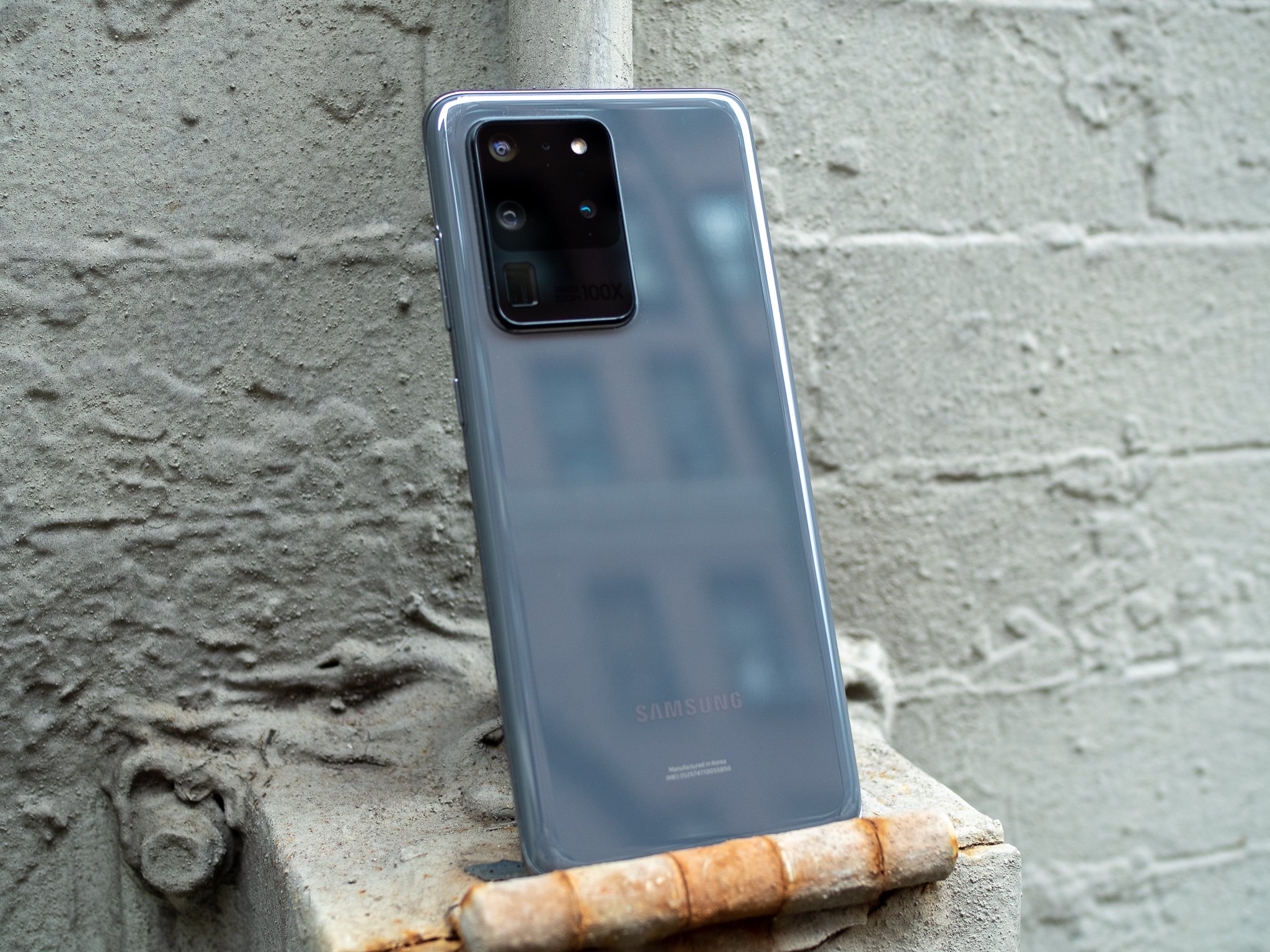It's Samsung's answer to Apple's T2 and Google's Titan M security chips.
What you need to know
- Samsung this week announced a new security chip for phones, called S3K250AF.
- The security solution is already installed in the Galaxy S20 series.
- Third-party phone makers can also buy the chip to use in their own phones.
Samsung is finally joining Apple and Google in having a dedicated security chip built into its phones. However, unlike Apple's (T2 Security Chip) and Google's (Titan M) offerings, Samsung's chip has a rather dull name: S3K250AF.
The chip, combined with software smarts, makes up what Samsung is calling its "Secure Element (SE) turnkey solution for mobile devices." And just like the competition, the plan here is to protect a user's most sensitive data by partitioning it away from the rest of the phone's storage and keeping it in a more secure enclave (the security chip).
Samsung's new turnkey solution is a dedicated tamper-resistant strongbox that securely stores users' confidential and cryptographic data such as pin numbers, passwords and even crypto-currency credentials separate from the typical mobile memory such as embedded Universal Flash Storage (eUFS).
It's not entirely clear how it fares against Apple and Google's solutions, but the chip has earned a Common Criteria Evaluation Assurance Level (CC EAL) 5+ rating, which Samsung proudly claims is the highest level received by a mobile component.
The company says it's begun mass producing the chip, and that it's already shipping it in the new Galaxy S20 series. And according to the folks at SamMobile, the chip may also be available for third-party manufacturers to purchase for their own phones, which would undoubtedly go a long way in democratizing this technology that has, so far, been offered by only a few smartphone makers.
Galaxy S20, S20 Plus and S20 Ultra hands-on preview: Samsung's biggest camera bump in 4 years
from Android Central - Android Forums, News, Reviews, Help and Android Wallpapers https://ift.tt/2VpdRnT
via IFTTT

Aucun commentaire:
Enregistrer un commentaire